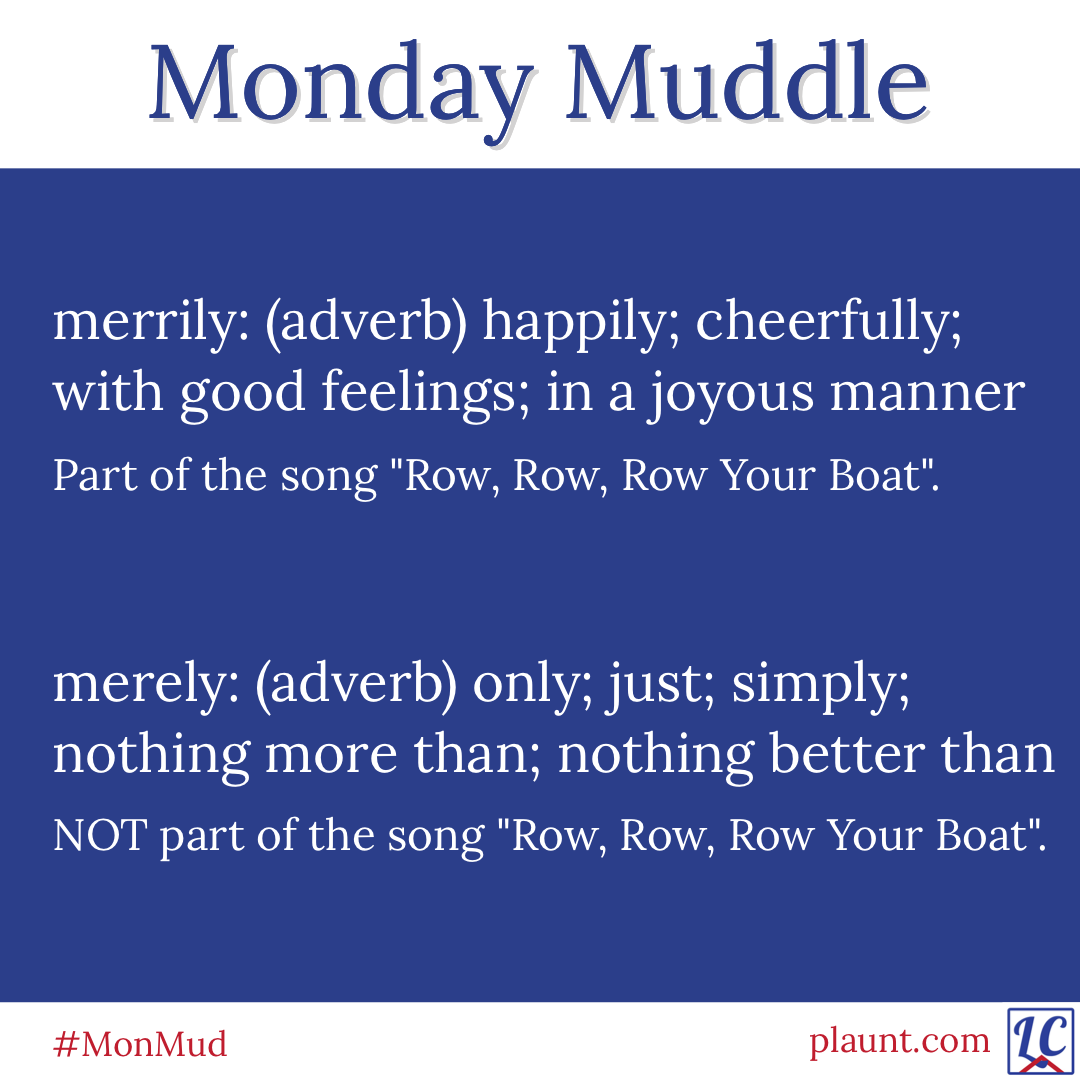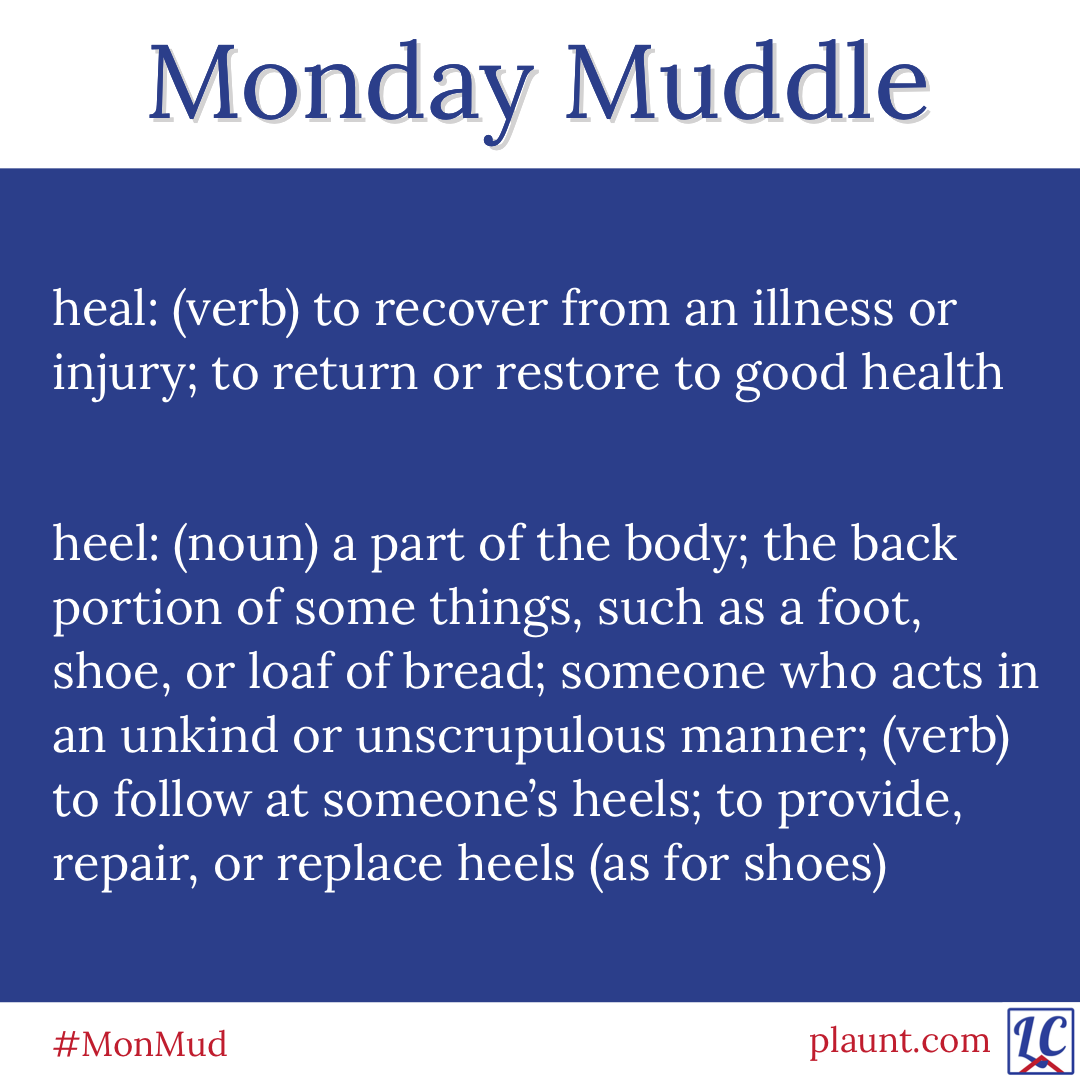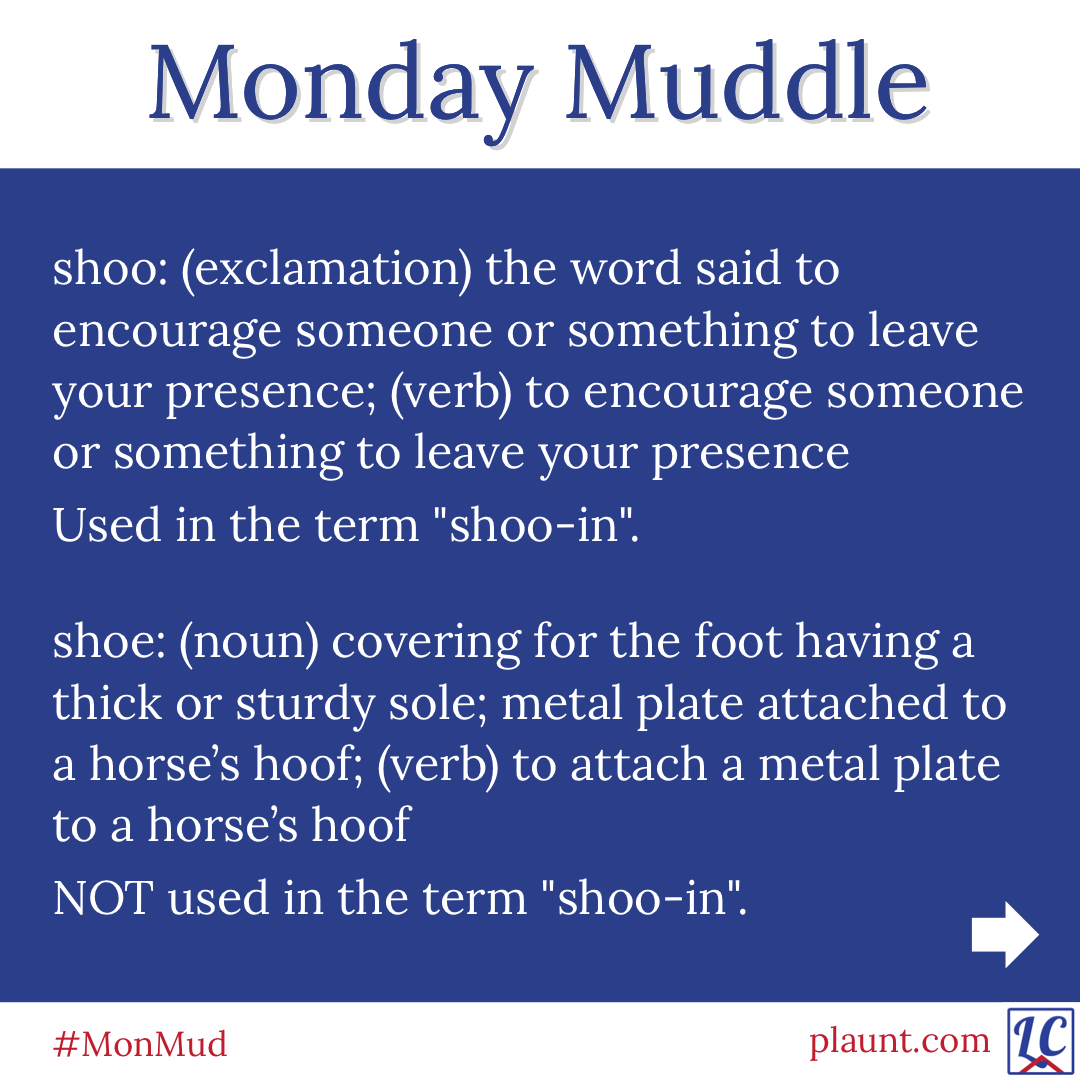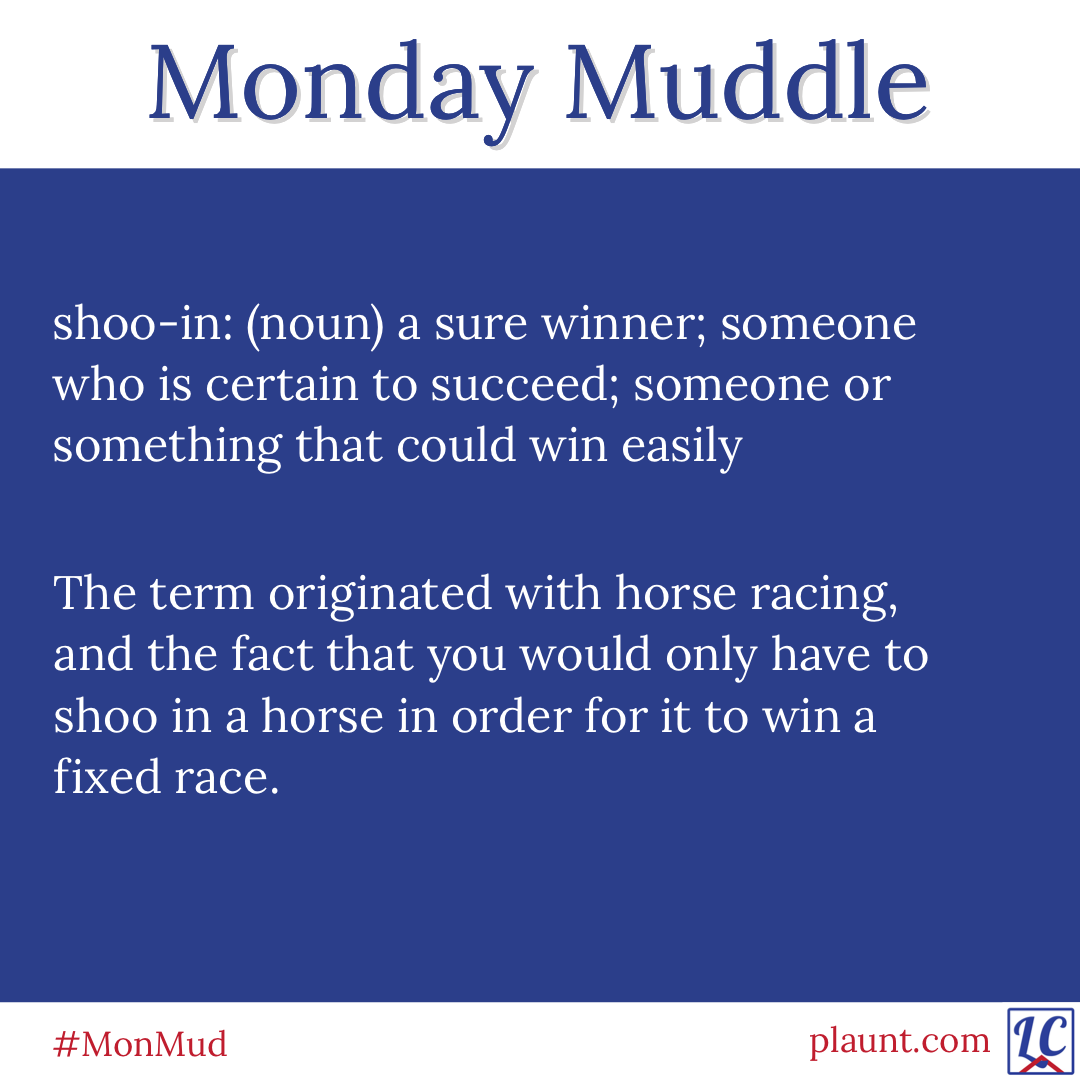
To row merely down the stream does not mean the same as to row merrily down the stream. You can do both, even at the same time. But if you are trying to quote the nursery rhyme, you actually want to row gently down the stream.
Row, row, row your boat
Gently down the stream
Merrily, merrily, merrily, merrily
Life is but a dream










